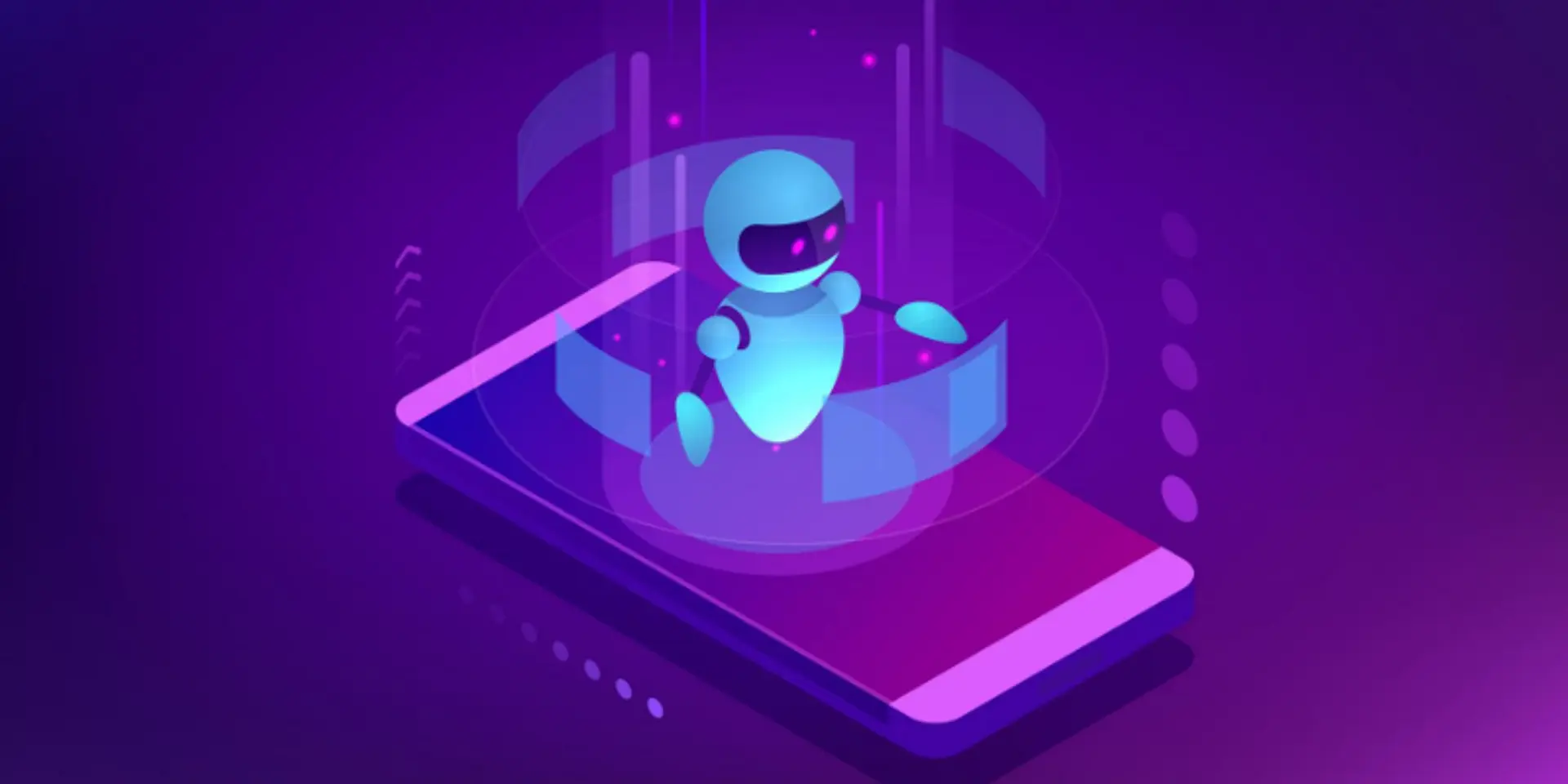How AI-driven RCS business messaging can enhance customer engagement
The popularity of RCS among brands lies in its combined advantage of offering low-cost messaging along with media-sharing capabilities. It offers the potential to deliver a superior customer experience cost-effectively.
Rich Communication Services (RCS) business messaging has emerged as an attractive communication channel for companies because of its advanced features and reach—available through the native mobile app.
The popularity of RCS among brands lies in its combined advantage of offering low-cost messaging along with media-sharing capabilities. It offers the potential to deliver a superior customer experience cost-effectively.
Further, Apple’s announcement to offer RCS on iPhone with Apple iOS 18 updates would lead to a major shift in its demand. As a result, RCS business messaging is expected to register exponential growth in the near future.
Additionally, RCS business messaging is set to evolve further with the integration of AI-powered chatbots. Generative AI (Gen AI) is revolutionising all industries alike. We have seen how the use of AI and chatbots in communication channels like WhatsApp and Facebook Messenger has enhanced customer engagement by enabling automated customer services, marketing messages, and sales support.
RCS already supports chatbots and offers much more than SMS chatbots. With RCS, chatbots can incorporate interactive features such as structured conversation flows, images and carousels, GIFs, suggested replies and actions, and the ability to seamlessly transfer the chat to human support when needed.
Benefits of AI-powered RCS business messaging
AI or machine-learning chatbots can engage in conversations that feel human-like because of their capabilities to recognise speech and text inputs. By leveraging technologies such as speech recognition, natural language processing (NLP), sentiment analysis, and machine learning, chatbots understand the user’s intent and respond appropriately.
Here’s how AI chatbots in RCS would benefit businesses:
Enhanced customer experience
Through chatbots on RCS, businesses can offer 24/7 support, personalised interactions, and streamlined processes like product discovery and order placement, leading to higher customer satisfaction.
With rich media features on RCS, AI can be used to deliver relevant educational videos in response to customer queries. Whether it's for product registration, setup, technical support, or onboarding—these videos help speed up resolution times and provide a dynamic, engaging way for customers to get the required support.
AI is also invaluable for quickly providing customers with up-to-date information. For instance, if a customer wants to check their remaining data on a phone plan, they can simply message your AI chatbot on the RCS business messaging channel, which will retrieve the correct information from your databases and promptly update the customer with minimal wait time.
Lower operational costs
AI-powered RCS business messaging chatbots can manage a large volume of routine customer inquiries, allowing human agents to concentrate on more complex issues. It enables businesses to reduce operational costs while enhancing customer engagement services—all without sacrificing service quality.
Enhanced sales opportunities
Proactive product recommendations, special offers, and a streamlined purchase process directly within the messaging conversation can significantly boost sales. Customer service chatbots also aid in lead generation by collecting valuable behavioural data from customers.
For instance, if a customer seeks help with purchasing a specific product, the chatbot can guide them through the entire sales journey and offer recommendations based on their interests. The data collected helps businesses route leads to the appropriate sales team and reduce shopping cart abandonment.
Data-driven insights
Chatbots gather valuable insights into customer behaviour, preferences, and pain points by interacting with customers. When this data is integrated with a customer data platform and paired with a contact centre solution that presents this information to the agents, it enables businesses to deliver contextual customer service. It also empowers the chatbot to offer a more personalised experience, leading to faster resolution times and increased agent productivity.
Types of chatbots in RCS
With its flexible and extensive built-in features, RCS business messaging can support a wide range of chatbots—from simple, menu-based bots that help users find information to more advanced conversational chatbots, trained to understand natural language.
For each type of chatbot, RCS’s unique features can be used to develop an effective and engaging user journey. Businesses can also leverage advanced machine learning capabilities to offer customers controlled access to vast resources of information and services directly through the RCS interface on their mobile devices.
Conclusion
As AI becomes more prevalent in RCS, we anticipate that brands will integrate various kinds of chatbots to trigger actions at optimal moments throughout the customer journey.
This approach is expected to gain widespread traction in customer service, marketing, and sales automation for operational tasks, such as scheduling deliveries or managing payments. However, as the use of AI in RCS expands, it is essential to monitor these tools for potential sensitivity issues continuously.
Harsha Solanki, is the VP, GM – Asia at Infobip.
Edited by Suman Singh
(Disclaimer: The views and opinions expressed in this article are those of the author and do not necessarily reflect the views of YourStory.)









